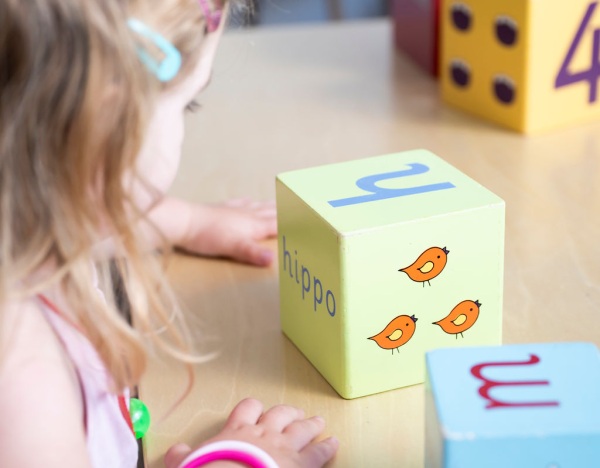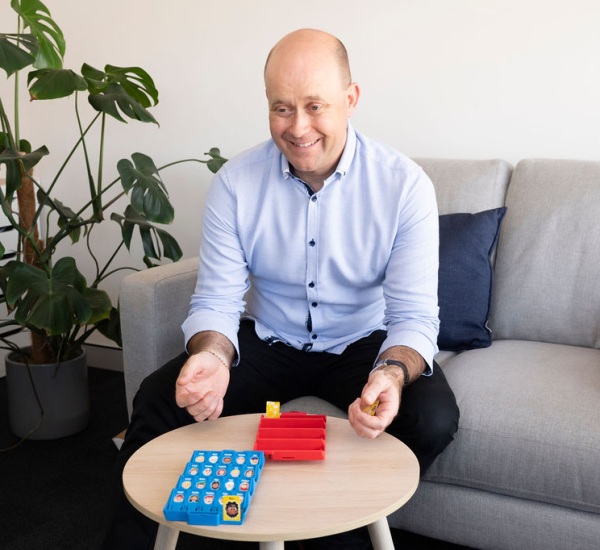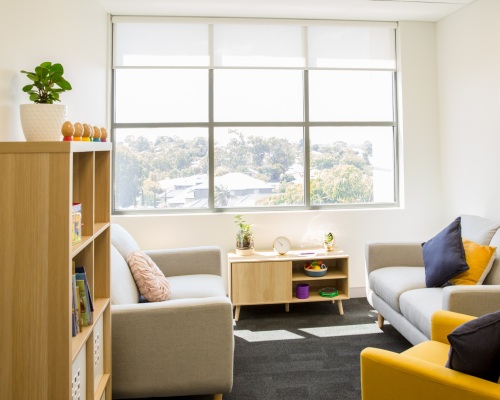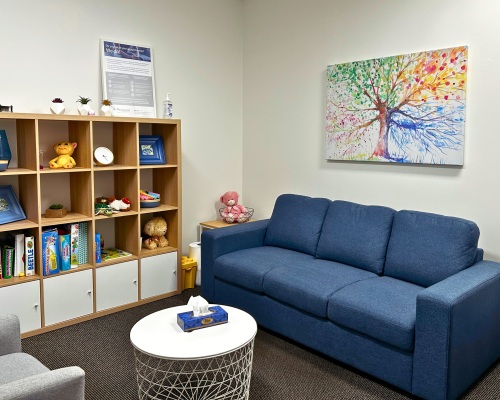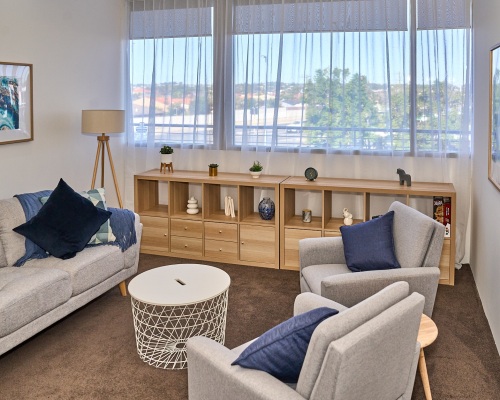Occupational Therapy Treatment Approaches
Occupational Therapy assists individuals to participate in occupation by building on their strengths, minimise the impact of their challenges, or modify their environment to better support participation. The term occupation refers to the individual’s activities of everyday life including work, learning, play, leisure and/or self-care.
This can include assisting individuals with play skills, physical skills, sensory and behaviour challenges, organisation and planning how to complete tasks, along with daily living tasks such as dressing, personal grooming/hygiene and feeding.
There are many conditions that result in an individual experiencing challenges completing their daily activities, including developmental delays, brain injuries, learning disabilities, intellectual disabilities, or sensory impairments.
With children it is important to identify the concern early, engage with a professional that listens and partners you in your child and family journey, and offers you interventions that are best for your child’s challenges. Therapy is about a partnership between child, family, and therapist, and will involve therapy as well as home strategies and practise to improve your child’s skills.
Play based interventions assist the child to relax and be receptive to the direction of the Occupational Therapist and caregiver to adjust their behaviours and thinking in order to improve their skills within the challenging area.
Specific training can be undertaken to develop specific treatment approaches that have additional evidence and/or structure to support goal achievement. Your Occupational Therapist will assist in the selection and development of an intervention approach and style that will work best for your child’s goals or areas of development.
